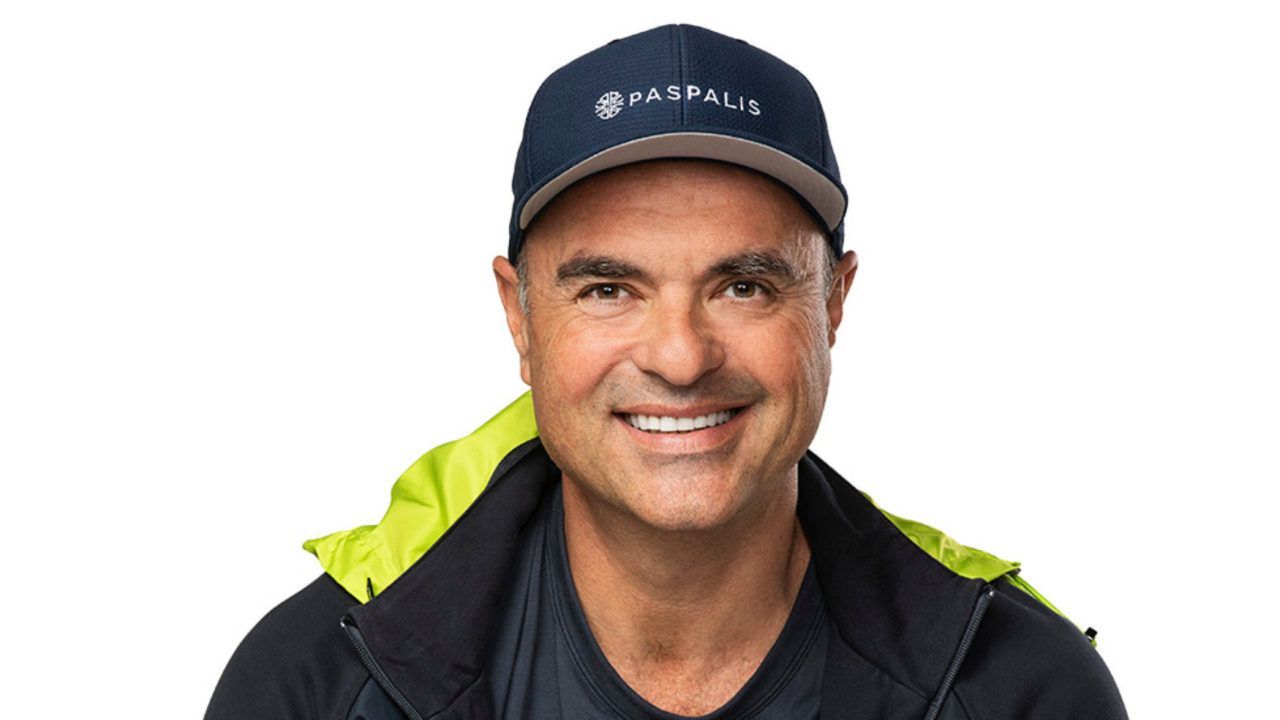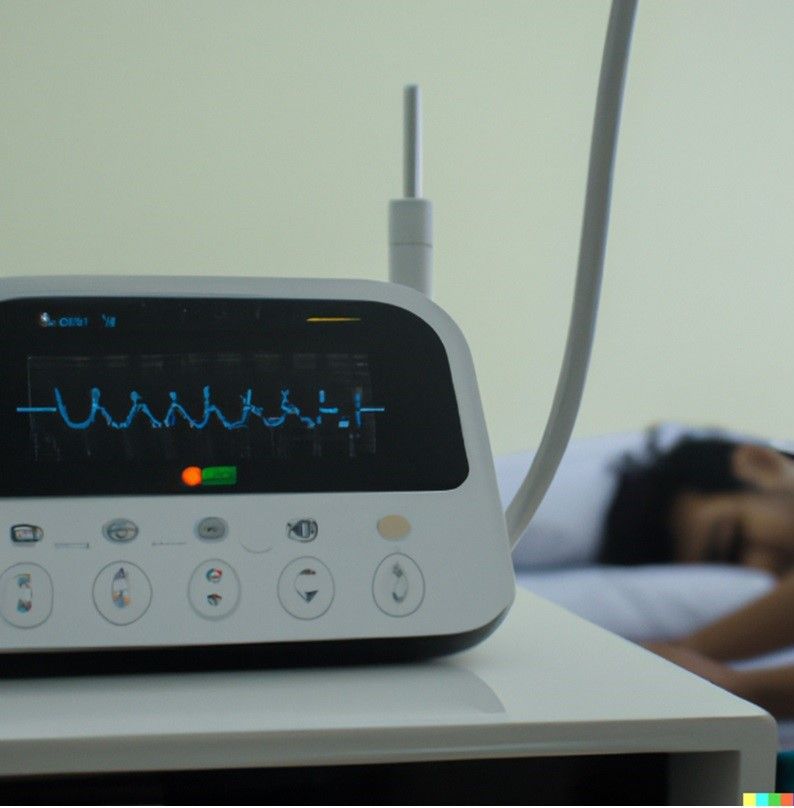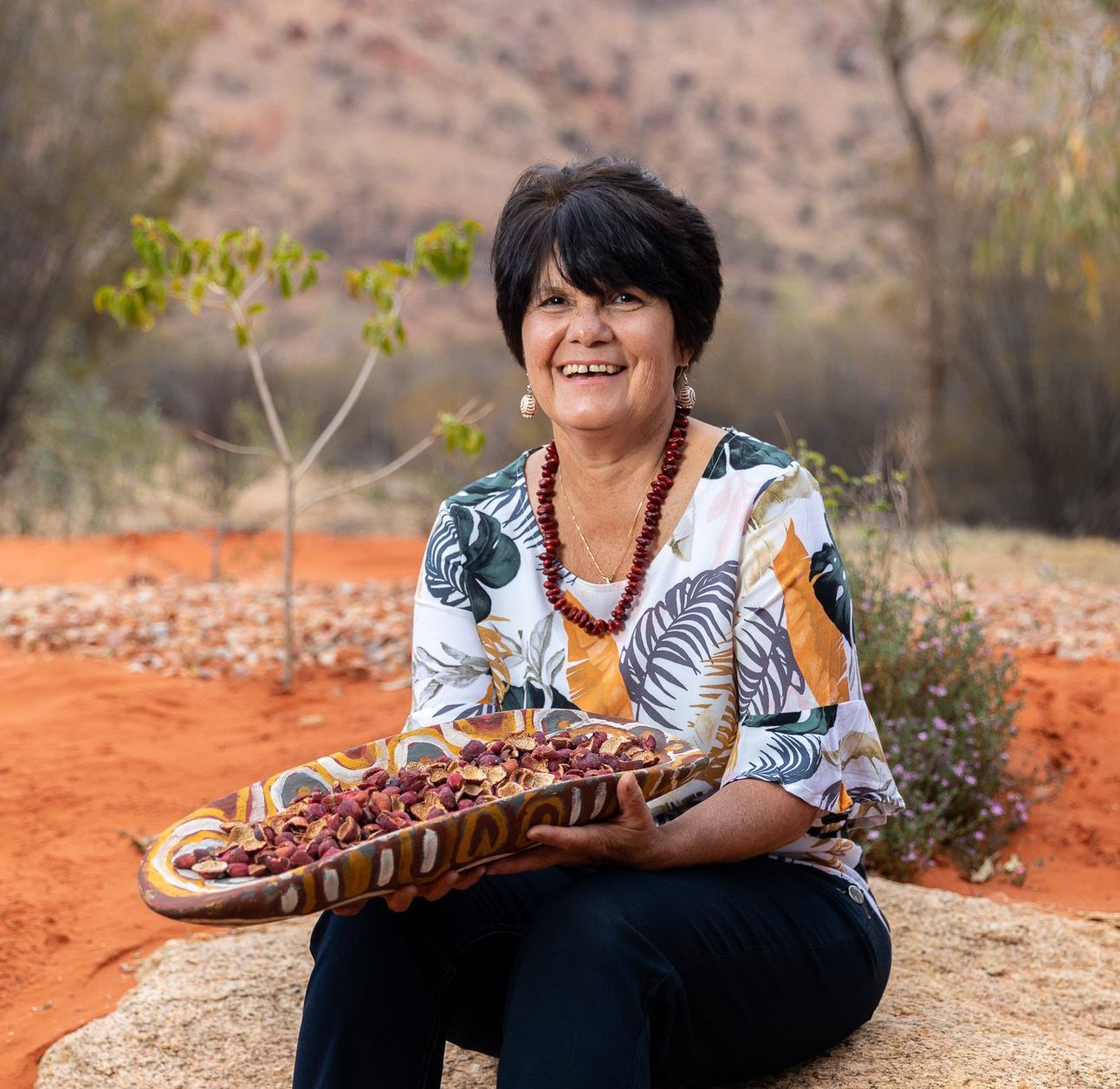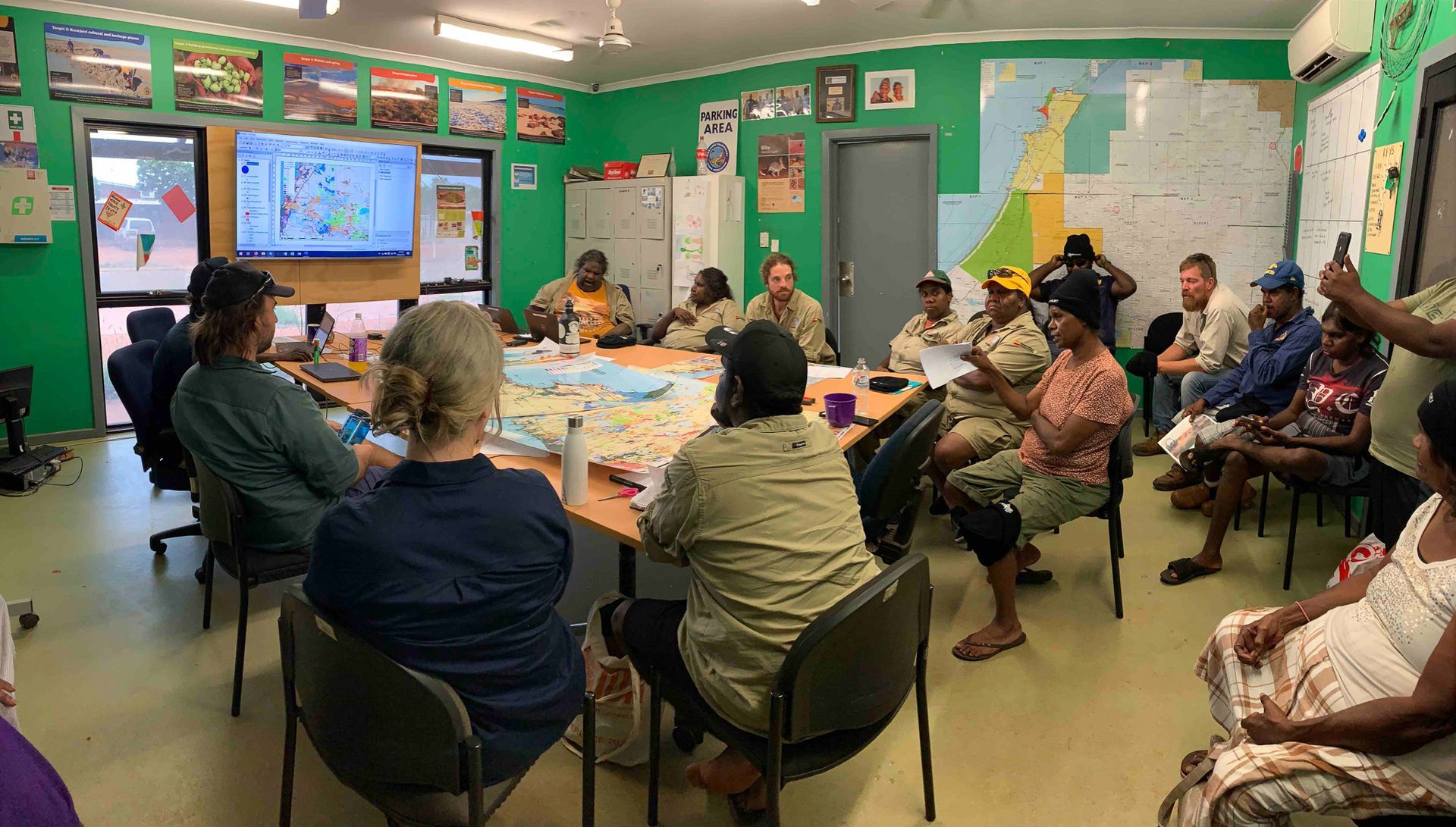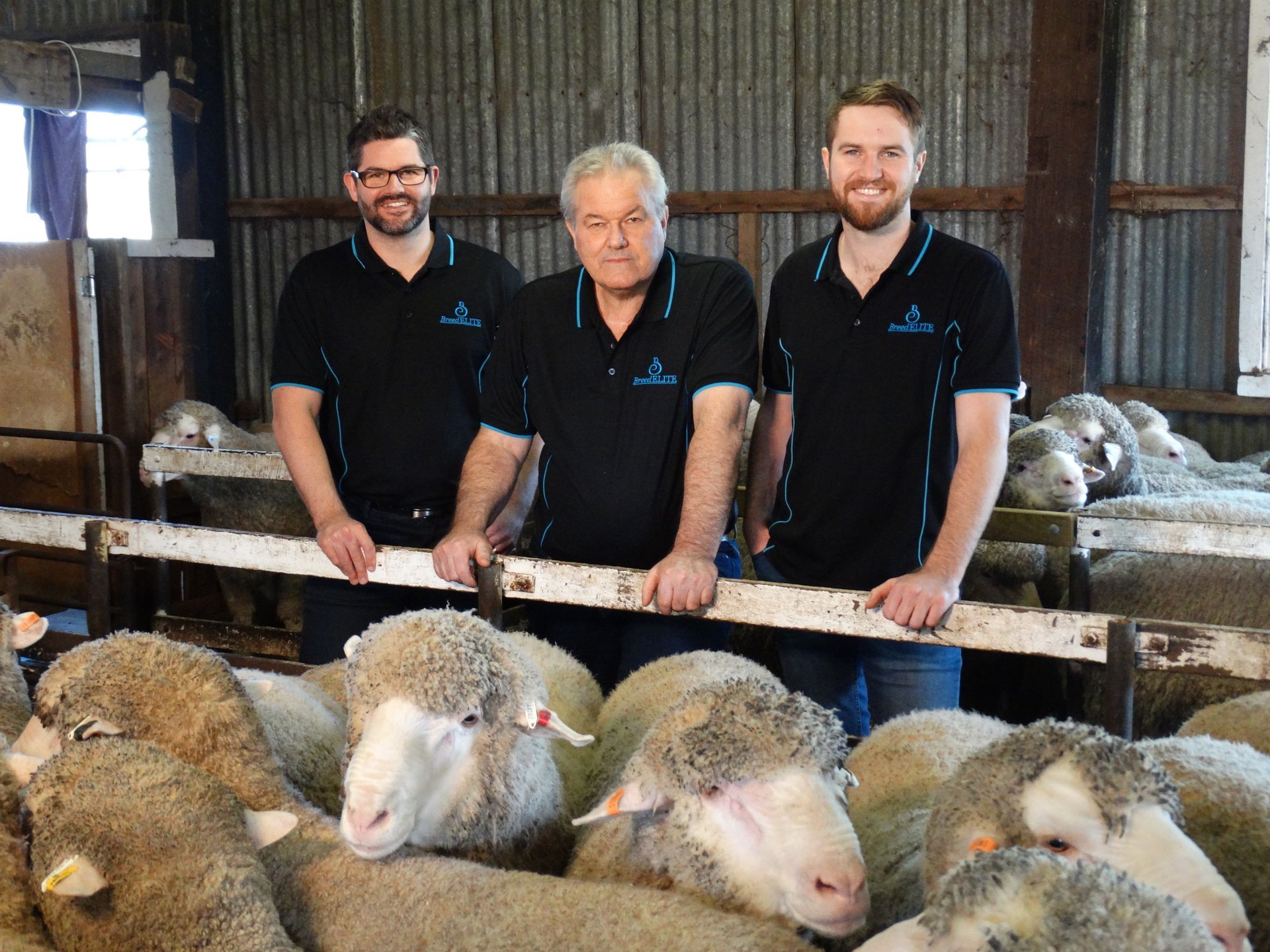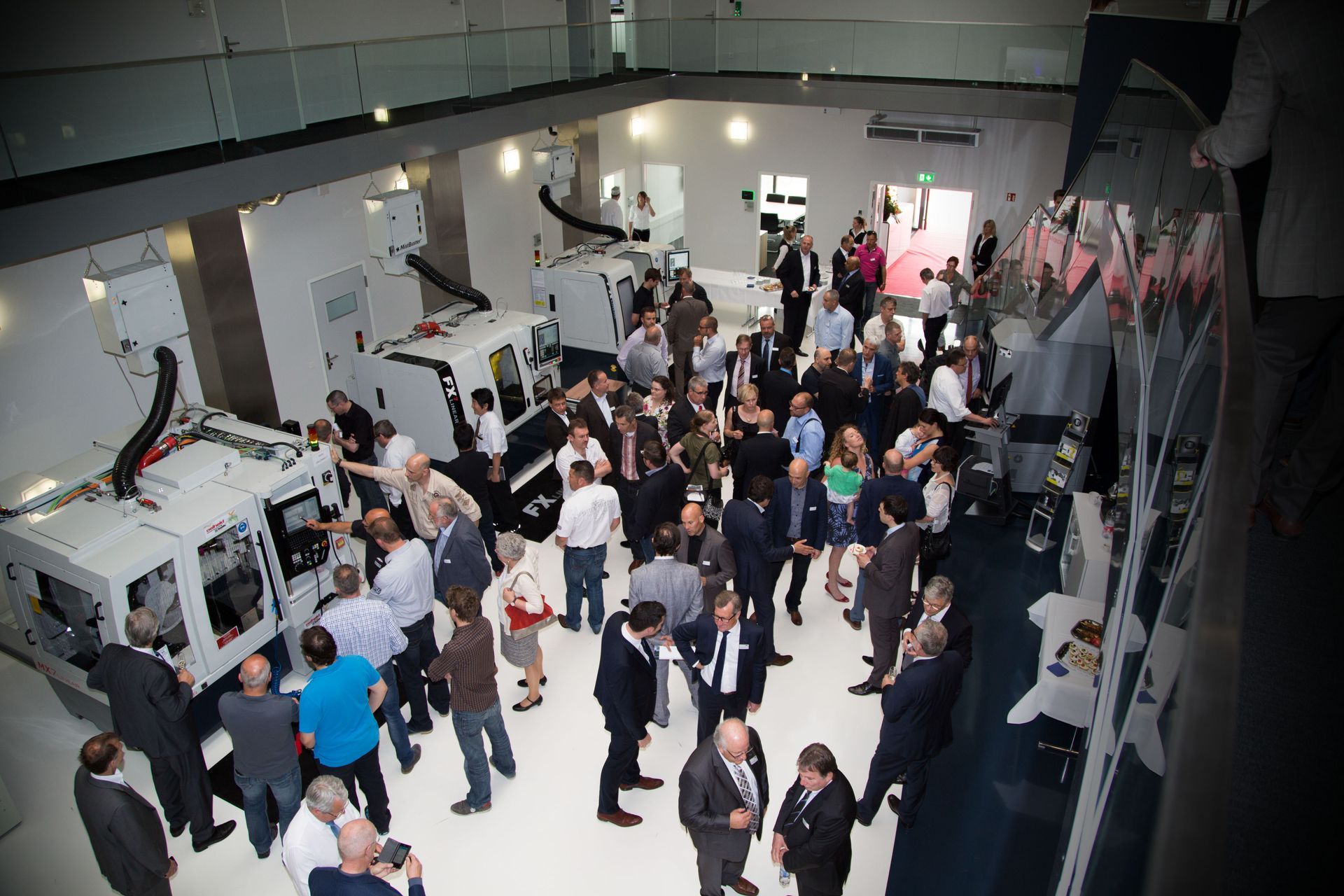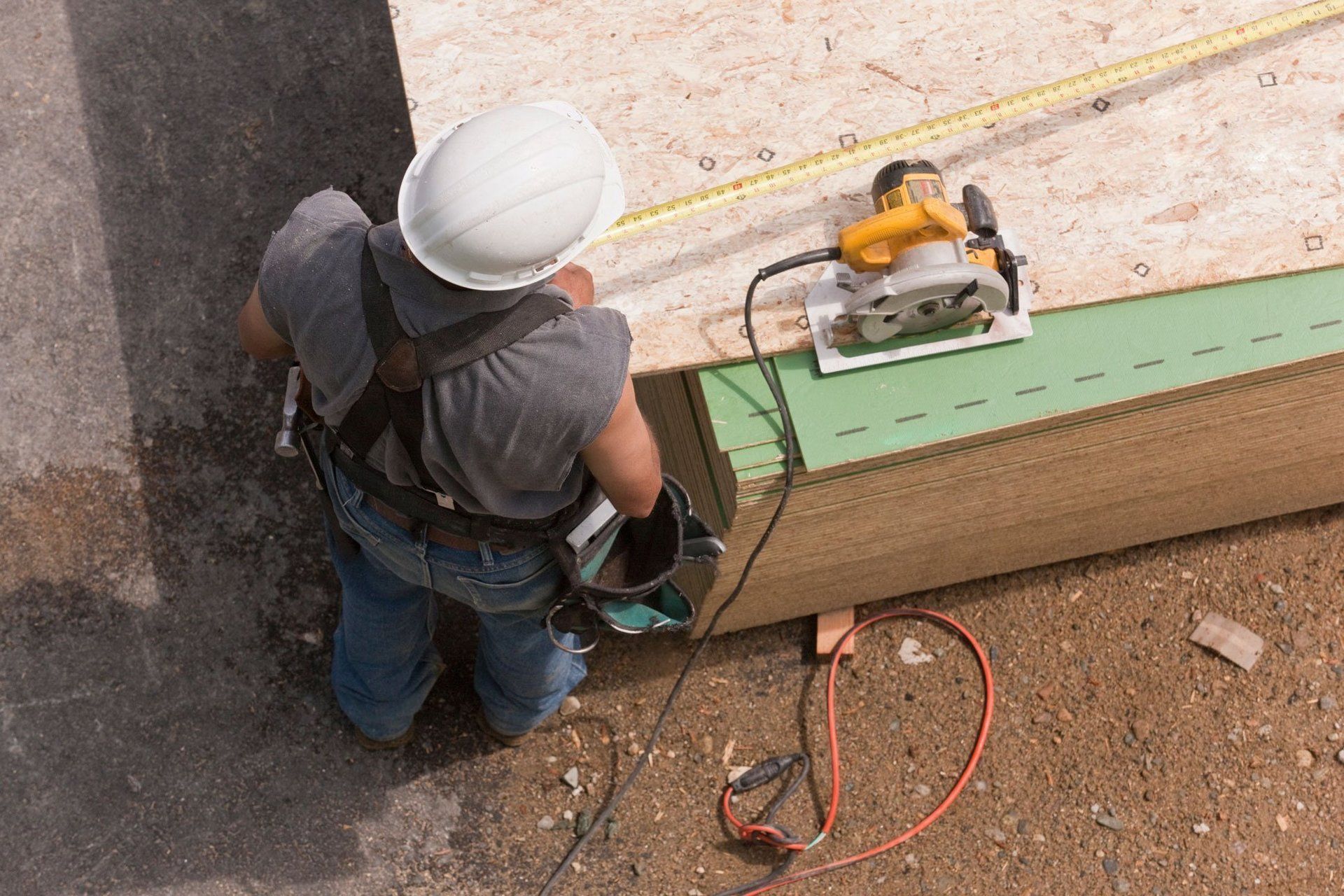Ventilator designs fighting against time
Georgia Fryer
Governments around the world ask ResMed and other manufacturers to boost production of ventilators

Ventilators are the most important tool to save the lives of those suffering with COVID-19. The novel coronavirus attacks the lungs, and those worst hit need ventilators to breathe. With demand for the critical piece of medical technology far outstripping the number in production, companies are racing against the clock to design, manufacture, and deliver the life-saving devices.
Based on overseas experience, 20 per cent
of COVID-19 sufferers require hospitalisation, while five per cent
require intensive care, often involving ventilation.
These ventilation machines support patients who can no longer control their own breathing by getting oxygen to the lungs and removing carbon dioxide through a tube inserted into the mouth or nose.
Australia currently has 2,300 intensive care units
with ventilators, however with the increase in COVID-19 sufferers the government is looking to introduce another 5,000
ventilators.
The government has ordered 1,000
invasive ventilators from MedTech company ResMed, who will also be producing non-invasive ventilators, along with companies General Electric (GE) Healthcare, Philips and Medtronic.
“We are working with governments, health authorities, hospitals, physicians and patients worldwide to assess their needs and to deliver the ventilation therapy that is essential to treat the respiratory complications of COVID-19,” ResMed’s CEO, Mark Farrell, said.
The company is focusing on better understanding where the immediate need is so their devices can be shipped and instantly used on a patient, according to a ResMed spokesperson.
Farrell explains ResMed’s ventilators are cloud-connected, allowing healthcare workers to monitor their patients remotely. He adds this remote monitoring is needed in the current crisis with a virus so contagious that stems from direct human contact.
ResMed is focusing on maximising the availability of their ventilators, masks and other respiratory devices.
Farrell said, “the company is looking to double or triple the output of ventilators and scale up on ventilation mask production more than tenfold.”
ResMed told Innovation Intelligence
that greater access to ventilators will be achieved with the effort to slow down the spread of the virus by staying home, social distancing and following health guidelines.
“The sooner we slow down the spread of this virus, the faster we lower the demand for ventilators and other devices needed to treat its deadly symptoms,” a spokesperson said.
The Australian government is also seeking help from carmaker Ford, who has teamed up with 3M and General Electric Healthcare to produce medical equipment and protective gear for healthcare workers.
Ford is working with 3M to produce a new powered air-purifying respirator for healthcare workers, while also increasing the production of 3M’s and GE Healthcare’s current respirator devices.
Engineering company Dyson, known for its vacuum cleaners and dryers, also responded to this demand with their new ventilation prototype, CoVent, which was designed and built 10 days after the United Kingdom (UK) government asked for the company’s help, according to its founder, James Dyson.
The prototype is yet to pass through mandatory medical testing, however the government has ordered 10,000 ventilators if it is successful.
“This new device can be manufactured quickly, efficiently and at volume, with a design to address the specific needs of the patients,” Dyson explained.
He said, “the race is now on to get it into production,” with a company spokesperson adding the ventilators could be ready by early April.
Dyson will be donating five thousand
ventilators to aid global efforts to fight COVD-19, with one thousand of them reserved for the UK.
Other companies such as GTech, Tesla and General Motors have also responded to the governments demands with their own plans to build and distribute ventilators quickly.
A ResMed spokesperson told Innovation Intelligence
that, while the assistance automakers are providing is welcome, due to the difficulty in obtaining enough parts for ventilators, they would discourage them pulling from the already scarce supply of parts to build their own clinically untested products.

In 2016 I published a blog article titled Moonshots for Australia: 7 For Now. It’s one of many I have posted on business and innovation in Australia. In that book, I highlighted a number of Industries of the Future among a number of proposed Moonshots. I self-published a book, Innovation in Australia – Creating prosperity for future generations, in 2019, with a follow-up COVID edition in 2020. There is no doubt COVID is causing massive disruption. Prior to COVID, there was little conversation about National Sovereignty or supply chains. Even now, these topics are fading, and we remain preoccupied with productivity and jobs! My motivation for this writing has been the absence of a coherent narrative for Australia’s business future. Over the past six years, little has changed. The Australian ‘psyche’ regarding our political and business systems is programmed to avoid taking a long-term perspective. The short-term nature of Government (3 to 4-year terms), the short-term horizon of the business system (driven by shareholder value), the media culture (infotainment and ‘gotcha’ games), the general Australian population’s cynical perspective and a preoccupation with a lifestyle all create a malaise of strategic thinking and conversation. Ultimately, it leads to a leadership vacuum at all levels. In recent years we have seen the leadership of some of our significant institutions failing to live up to the most basic standards, with Royal Commissions, Inquiries and investigations consuming excessive time and resources. · Catholic Church and other religious bodies · Trade Unions · Banks (and businesses generally, take casinos, for example) · the Australian Defence Force · the Australian cricket teams · our elected representatives and the staff of Parliament House As they say, “A fish rots from the head!” At best, the leadership behaviour in those institutions could be described as unethical and, at worst….just bankrupt! In the last decade, politicians have led us through a game of “leadership by musical chairs” – although, for now, it has stabilised. However, there is still an absence of a coherent narrative about business and wealth creation. It is a challenge. One attempt to provide such a narrative has been the Intergenerational Reports produced by our federal Government every few years since 2002. The shortcomings of the latest Intergenerational Report Each Intergenerational Report examines the long-term sustainability of current government policies and how demographic, technological, and other structural trends may affect the economy and the budget over the next 40 years. The fifth and most recent Intergenerational Report released in 2021 (preceded by Reports in 2002, 2007, 2010 and 2015) provides a narrative about Australia’s future – in essence, it is an extension of the status quo. The Report also highlights three key insights: 1. First, our population is growing slower and ageing faster than expected. 2. The Australian economy will continue to grow, but slower than previously thought. 3. While Australia’s debt is sustainable and low by international standards, the ageing of our population will pressure revenue and expenditure. However, its release came and went with a whimper. The recent Summit on (what was it, Jobs and Skills and productivity?) also seems to have made the difference of a ‘snowflake’ in hell in terms of identifying our long-term challenges and growth industries. Let’s look back to see how we got here and what we can learn. Australia over the last 40 years During Australia’s last period of significant economic reform (the late 1980s and early 1990s), there was a positive attempt at building an inclusive national narrative between Government and business. Multiple documents were published, including: · Australia Reconstructed (1987) – ACTU · Enterprise Bargaining a Better Way of Working (1989) – Business Council of Australia · Innovation in Australia (1991) – Boston Consulting Group · Australia 2010: Creating the Future Australia (1993) – Business Council of Australia · and others. There were workshops, consultations with industry leaders, and conferences across industries to pursue a national microeconomic reform agenda. Remember these concepts? · global competitiveness · benchmarking · best practice · award restructuring and enterprising bargaining · training, management education and multiskilling. This agenda was at the heart of the business conversation. During that time, the Government encouraged high levels of engagement with stakeholders. As a result, I worked with a small group of training professionals to contribute to the debate. Our contribution included events and publications over several years, including What Dawkins, Kelty and Howard All Agree On – Human Resources Strategies for Our Nation (published by the Australian Institute of Training and Development). Unfortunately, these long-term strategic discussions are nowhere near as prevalent among Government and industry today. The 1980s and 1990s were a time of radical change in Australia. It included: · floating the $A · deregulation · award restructuring · lowering/abolishing tariffs · Corporatisation and Commercialisation Ross Garnaut posits that the reforms enabled Australia to lead the developed world in productivity growth – given that it had spent most of the 20th century at the bottom of the developed country league table. However, in his work, The Great Reset, Garnaut says that over the next 20 years, our growth was attributable to the China mining boom, and from there, we settled into “The DOG days” – Australia moved to the back of a slow-moving pack! One unintended consequence of opening our economy to the world is the emasculation of the Australian manufacturing base. The manic pursuit of increased efficiency, lower costs, and shareholder value meant much of the labour-intensive work was outsourced. Manufacturing is now less than 6% of our GDP , less than half of what it was 30 years ago!
